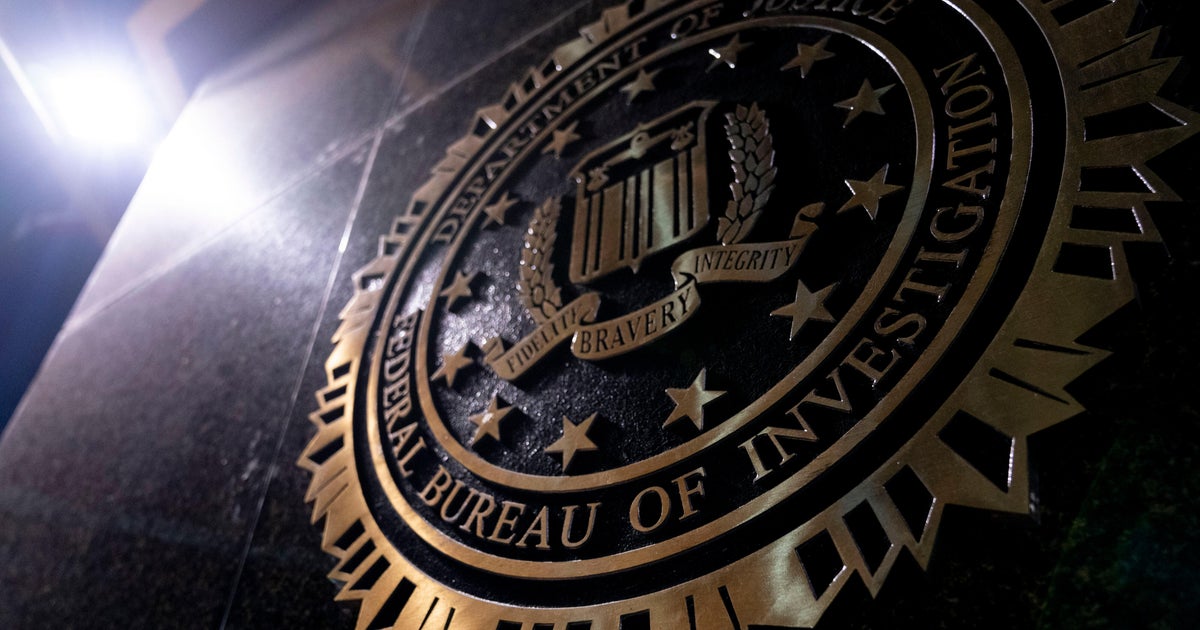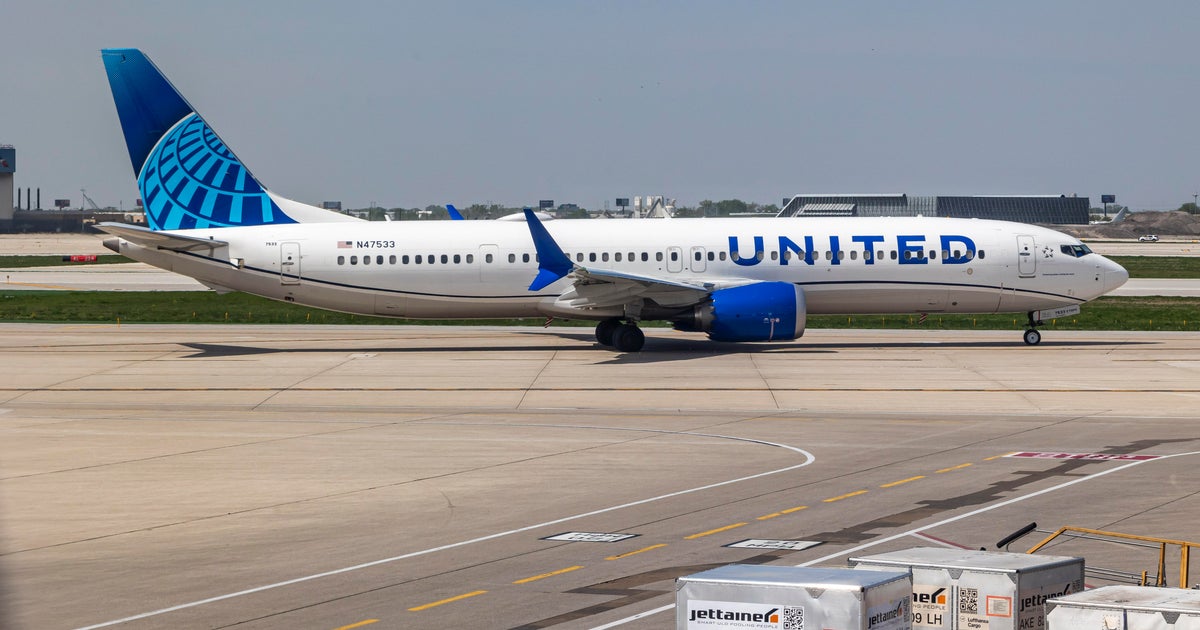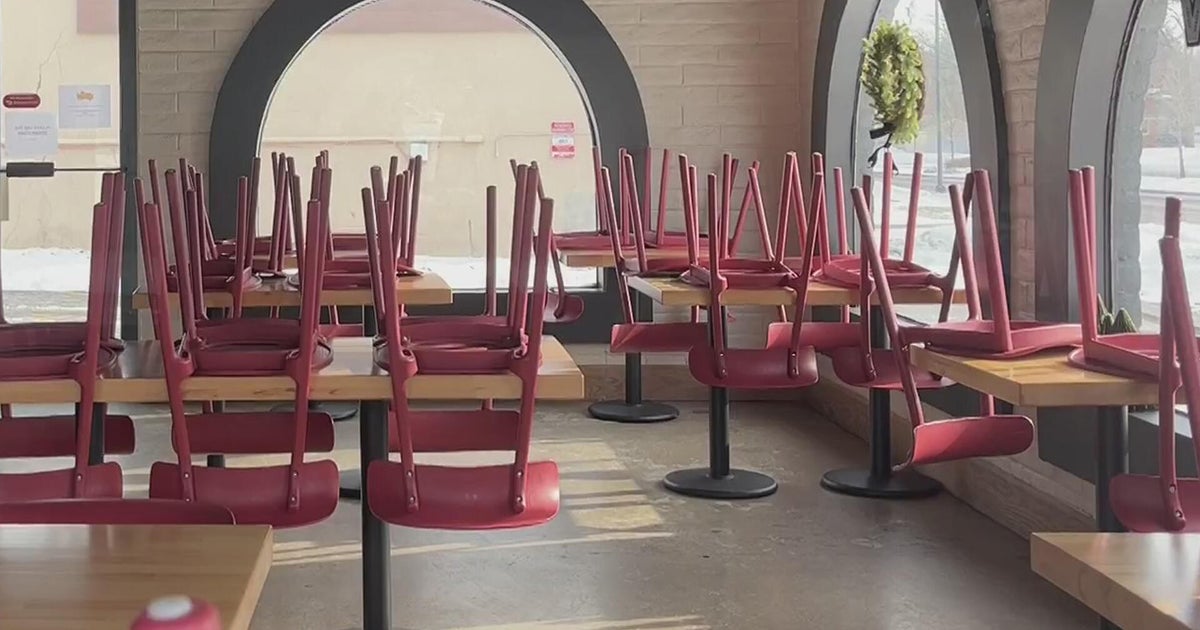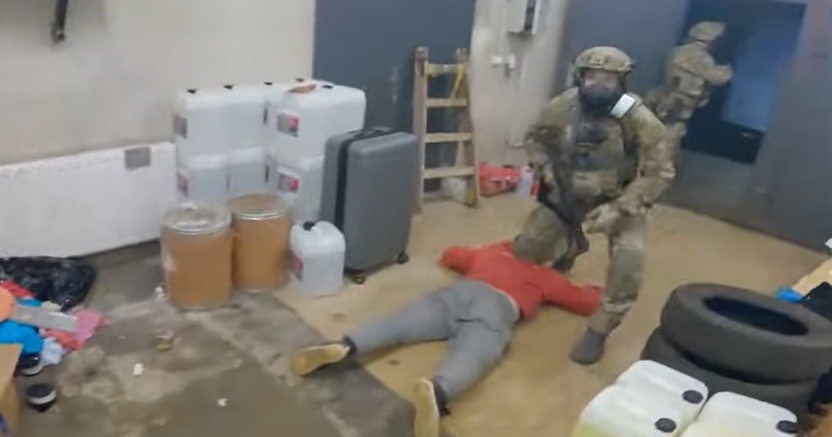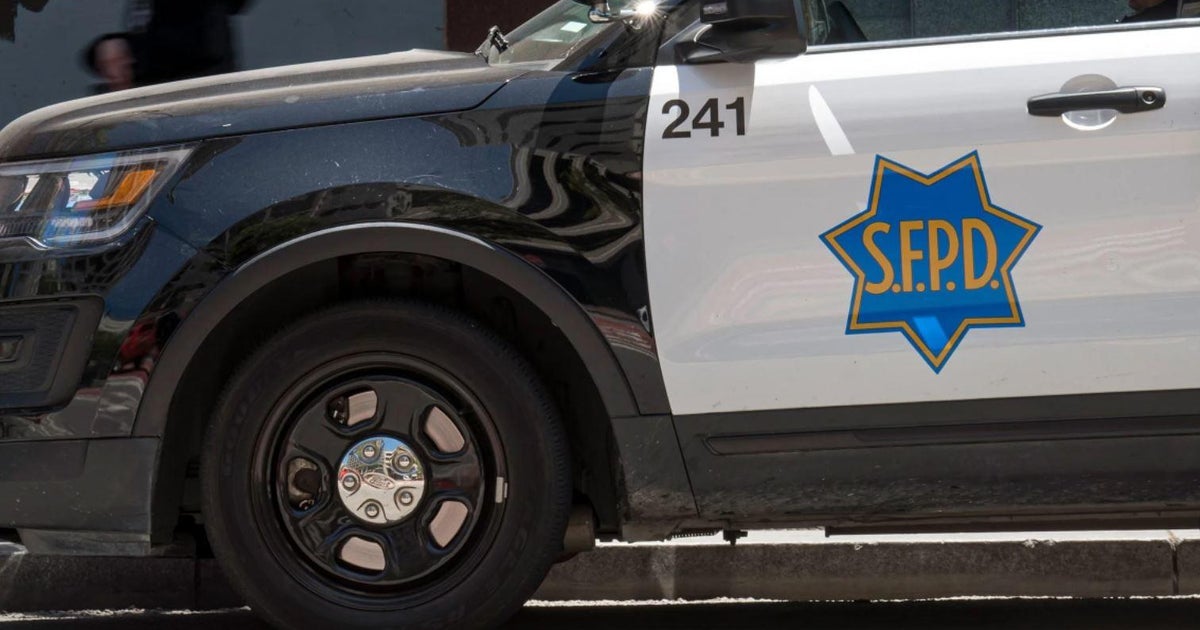San Francisco drug crackdown in Tenderloin producing results
San Francisco is shifting its strategy in the crackdown on open air drug markets in the Tenderloin.
On Thursday afternoon, the DEA, FBI and U.S. Justice Department gave an update to their "all hands on deck" operation to try and cut off the supply of fentanyl in the neighborhood.
Officials say they have made significant progress since November last year, including the extraditions of alleged drug dealers from Honduras back to the U.S. and ramping up enforcement on night-time drug markets where they say a majority of the dealing has shifted.
The night operations so far have led to 20 federal criminal complaints.
"What I'm noticing is that during the day it is difficult to find at all," explained J.J., a drug user standing in a Tenderloin alleyway.
J.J. says the trend started months ago, and it has only accelerated in recent weeks. Drugs are getting harder to find in San Francisco's Tenderloin.
"Definitely," he said. "So people are definitely selling smaller amounts. And more fights are happening because of the people getting ripped off."
"Yeah," agreed Brian, standing in the same alley. "I have a couple friends who wanted to move to Philadelphia and another to Oregon just so they could get dope easier."
Brian says the diminishing supply of readily available drugs is the direct result of fewer dealers.
"Of the main ones that have been selling here for years, that have established themselves, less than like 10 are out of jail right now," he said of the dealers.
"You've walked these streets, right?" asked Brian Clark, Special Agent in Charge of San Francisco's DEA office. "There used to be six drug dealers on every block during the day."
Clark says combined federal, state and local efforts have turned a corner in the neighborhood. Authorities have drug dealers on the run.
"I think we've had a significant transformation during the day," he explained. " We've been able to kind of change how the open air drug market works right now."
"Yeah, it sucks dude," said one user named Darren. "The daytime is so sh---y. It's not worth it to buy it, so you have to wait till midnight to get decent stuff."
"So now they are operating at night," Clark said of the shifting market. "They felt safer at night. We have adjusted to that."
One part of that adjustment is added staffing for an around-the-clock offensive with a swarm of agencies now hitting the streets and overnight markets.
"They are working from 10 p.m. to 6 a.m.," Clark said of the enforcement. "They are following around the drug traffickers at night. We also have deputized, and take cases that
they work on the federal system and file federal cases on individuals."
Federal charges not only come with the risk of a more substantial prison sentence.
"If you are prosecuted federally, you may be turned over and deported based upon the felony conviction," Clark explained.
Clark says they know the arrests are affecting the market, and he acknowledges that enforcement can only do so much.
"That's why education, treatment, and prevention are more important than ever," he said. " Our colleagues at public health need to get out here to provide the resources and the prevention and treatment in order to make a change, in order for us to turn this around."
"I don't like to see my friends arrested or in withdrawal or any of that," Brain said of the impact on the streets. "So it does suck. But I understand where the general public is coming from. It got pretty crazy out here."
Brian admitted the pressure on dealers is making a difference.
"The City, in my opinion, is starting to look better," he said. "More vibrant. Used to be just drug addicts everywhere. Now you see tourists and stuff."
So all of the law enforcement really is driving changes, at the very least in regard to drug availability and price. But what will that mean for larger questions like the drug overdose and the general condition of San Francisco streets?
Those are the questions that will get a lot of attention in the coming months as the city -- in an election year -- tries to figure out what progress really is being made in the Tenderloin and downtown San Francisco.
Mayor London Breed's office says over the last year, the city's drug market agency coordination center has helped in the seizure of almost 200 kilos of drugs and arrested more than 3,000 people.
While the city says that's a milestone, they also admit it is just a drop in the bucket.
